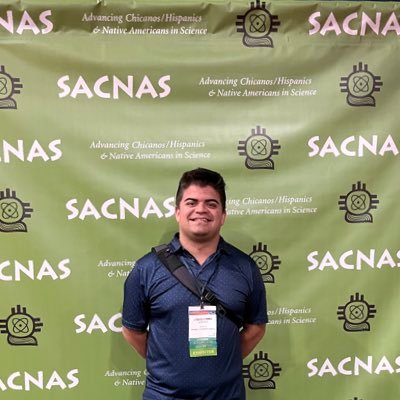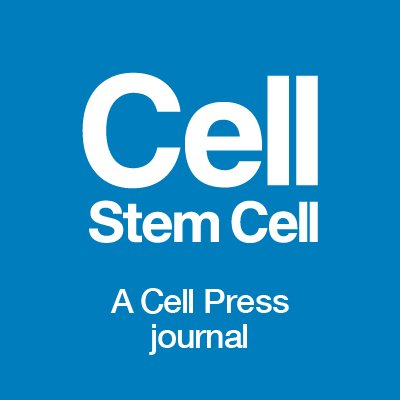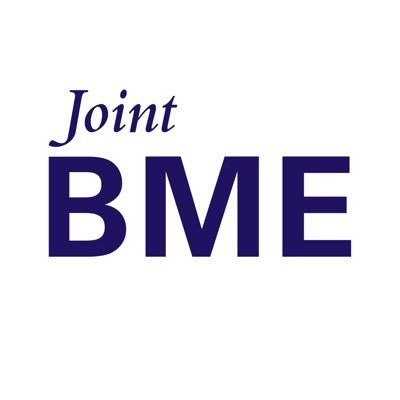
Magness Lab
@magnesslab
Followers
534
Following
99
Media
4
Statuses
99
Scott Magness, Assoc Prof, UNC/NCSU Dept of BME, Cell Biology & Physiology, Medicine, studying intestinal stem cell biology, developing organoid technologies.
Chapel Hill, NC
Joined May 2018
The first paper from my research group is published! We engineer the first cell cycle reporters in primary human intestinal monolayers, design a collagen press for optimal imaging, and compile a computational pathway for image analysis. https://t.co/inMgjYKfSt
15
66
497
Our pre print is available now! @JimWellsLab @CuSTOMOrganoids
Human organoid modeling of congenital malformations caused by RFX6 mutations reveal an essential role for this transcription factor in establishing and maintaining duodenal identity upstream of PDX1 https://t.co/5WoAHl2knJ
#bioRxiv
0
9
22
Check out this great paper from @MikeVerzi that @magnesslab and I helped with showing how TGFB1 affects the intestinal epithelium through the Sox9 axis. It was a beast of a project before we joined and I'm glad we could help flesh out the mechanism!
Online Now! TGFB1 induces fetal reprogramming and enhances intestinal regeneration https://t.co/mO5vpxX0l9
#stemcells
1
4
15
The first manuscript from the Burclaff Group is live as a preprint! See our engineered platform, cell constructs, and computational analysis pipeline for visualizing and measuring cell cycle phases in primary human intestinal stem cells!
2
7
26
Also check out @JosephBurclaff new paper on Sox9 and cell cycle. Cool stuff!!
biorxiv.org
Background and Aims The transcription factor SOX9 is expressed in many stem/progenitor cell populations and has biphasic correlations with proliferation rates across different biological systems. In...
1
3
5
Here is some of the work highlighted showing that Sox9 is necessary to maintain the reserve #stemcells
pmc.ncbi.nlm.nih.gov
Reserve intestinal stem cells (rISCs) are quiescent/slowly cycling under homeostatic conditions, allowing for their identification with label-retention assays. rISCs mediate epithelial regeneration...
0
1
0
We are excited to introduce our incoming co-editors-in-chief, Drs. Michele Battle and Jonathan Katz! Read more of our announcement ➡️ https://t.co/QnOwEcbCAc
2
5
22
Join FASEB for the inaugural Gastrointestinal Epithelium Conference on September 17 in Colorado. This will be the best venue for researchers of the lining from the esophagus to the colon. #GESRC @BeyderLab @squeakyanimal Register: https://t.co/k0XEaTkVSo
0
7
11
Scott Magness @magnesslab with Misty Good was awarded 1M by the @ChanZuckerberg Initiative to establish a single-cell atlas of rare inflammatory pediatric disease. "Early biomarkers are lacking currently, but offer hope for identifying and preventing NEC." https://t.co/lkSG3NT4Cl
1
2
22
What happens to human intestinal stem cells during hypoxia? Rivera & Bliton et al from the Magness Group build a microphysiological hypoxia system, assess ISC viability, HIF1a, transcriptomics during acute/chronic hypoxia and show hypoxia primes ISCs for interleukin responses.
1
2
14
Meryem Ok et al in the Magness Group show C. diff receptor expression in single cells across the human gut, transcriptomic differences in primary colonocyte and Caco2 maturation, a 2D colonic cell system to evaluate TcdA/B, demonstration of uncoupled apical/basal toxicity. 👍
1
0
11
#ICYMI be sure to check out our Top 5 high-impact basic science articles of 2022! https://t.co/AaSIsbhchs
1
2
3
The lab of @AlexandervanOu1 developed two new methods to study chromatin in single cells. Researchers can use these methods, published in @NatureBiotech and @NatureGenet, to increase our understanding of chromatin regulation during development. https://t.co/vN6qoF9isO
0
29
127
Very excited that our intestinal atlas is included in the top 15 high impact basic science articles of 2022 by @AmerGastroAssn! Congrats to everyone else included on the list! It was a good year for GI research!
Also on this list (despite being non-pancreas, boo) is a fantastic study by @magnesslab @JosephBurclaff "A proximal to distal survey of healthy adult human small intestine and colon epithelium by single cell transcriptomics"
3
2
32














